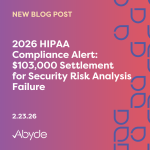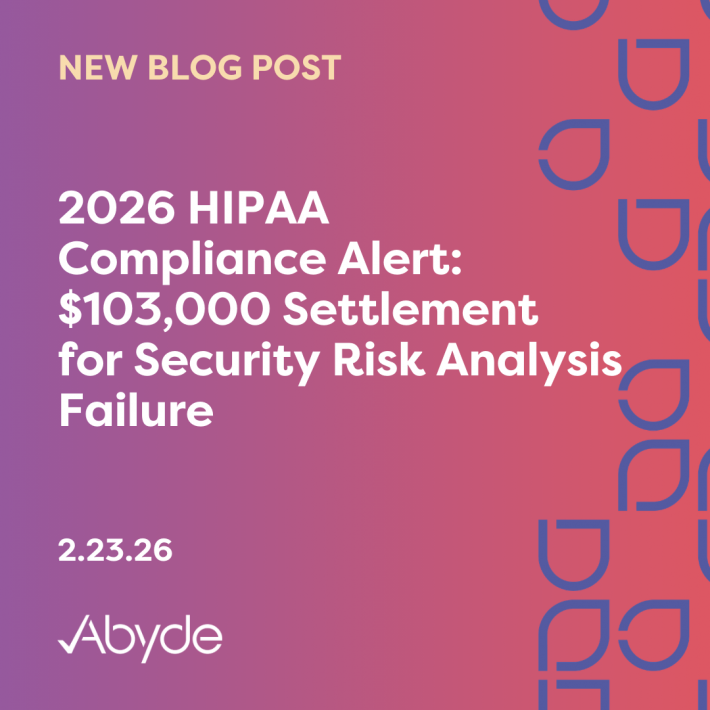January 8, 2024
The year 2023 marked a turning point in healthcare data privacy. HIPAA compliance took center stage, with both the Office for Civil Rights (OCR) and state Attorneys General flexing their muscles and delivering hefty settlements for violations. This surge in enforcement activity sends a clear message: protecting patient data is crucial and required for practices.
Ransomware reared its ugly head, leaving a trail of exposed records and compromised privacy. OCR’s first-ever settlement for a cyberattack, involving over 200,000 individuals impacted by Doctors’ Management Services, and costing the organization a $100,000 fine.
This highlights the growing threat of malware and the need for robust cybersecurity measures. Investigations also revealed systemic vulnerabilities in security practices, risk analysis, and incident response, exposing crucial areas for improvement. Financial penalties skyrocketed in 2023, reflecting a zero-tolerance stance towards HIPAA non-compliance.
From LA Care’s $1.3 million settlement for inadequate security to St. Joseph’s Medical Center’s $100,000 fine for unauthorized PHI disclosure, we see that violations come with a steep price tag.
Hacking remained the primary culprit of breaches. Over 77% of the large breaches reported to OCR were due to hacking. In addition, the large breaches reported this year have affected over 88 million individuals, an increase of over 60% compared to 2022. This alarming trend underscores the urgency of prioritizing patient data protection and implementing robust cybersecurity solutions.
The year 2023 also saw a stark reminder that safeguarding patient information extends beyond digital security. The Kaiser Foundation Health Plan’s $49 million settlement, while not directly fined by the OCR, but the State Attorney General of California, served as a cautionary tale.
The case centered on the organization’s improper disposal of PHI and hazardous waste in dumpsters, exposing sensitive information and potentially harmful materials to anyone who stumbled upon them.
This incident highlights the critical need for comprehensive data governance policies encompassing not just digital security protocols but also physical procedures for secure storage, transportation, and disposal of any materials containing PHI.
While the statistics paint a grim picture, they also present an opportunity for positive change. Abyde, a leading provider of compliance software, believes this heightened awareness can be a catalyst for improvement.
By embracing comprehensive and intuitive compliance solutions, enforcing policies and procedures and fostering a culture of compliance in your practice or organization, we can ensure patients’ data is safe.
2023 may have been a year of reckoning for HIPAA compliance, but it will be the foundation of a secure 2024. Let’s work together to prioritize patient privacy, strengthen security and overall, promote a culture of compliance, to keep patients safe.
Contact Abyde today at info@abyde.com or set up a demo to see how our compliance software will keep your practice and patients safe this new year.





